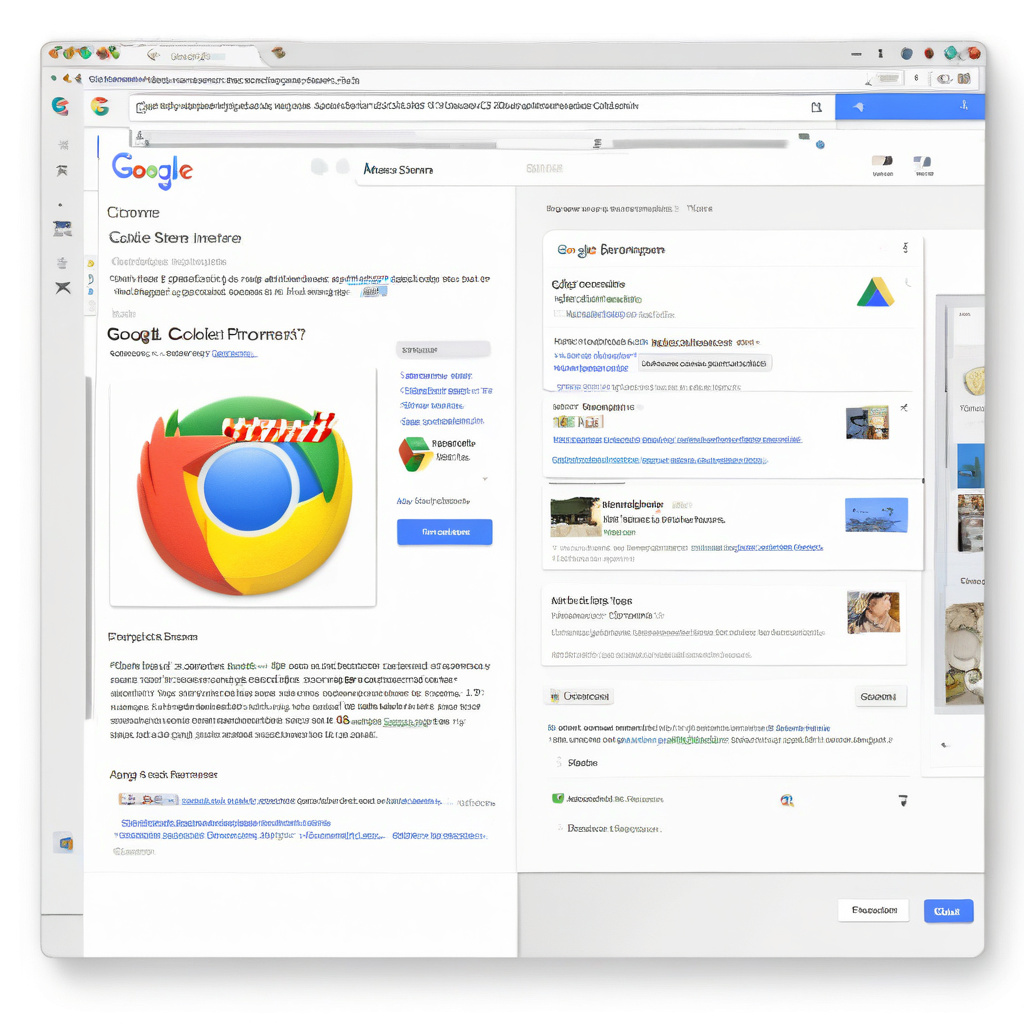Google Drops Cookie Prompt in Chrome, Adds IP Protection to Incognito
In a recent move that has stirred discussions among tech enthusiasts, Google announced its decision to forgo a standalone prompt for third-party cookies in its widely-used Chrome browser. This strategic shift is a part of Google’s larger Privacy Sandbox initiative, aimed at enhancing user privacy while navigating the digital landscape. This development, shared by Anthony Chavez, the vice president of Privacy at Google, underscores the company’s commitment to redefining the browsing experience for millions of users worldwide.
By choosing to retain its existing method of providing users with options regarding third-party cookies, Google is signaling a nuanced approach to balancing privacy concerns with functional necessities. This decision not only streamlines the user experience by eliminating an additional prompt but also reflects Google’s ongoing efforts to adapt to evolving privacy standards across the industry. The move aligns with a broader trend towards empowering users to make informed choices without inundating them with endless notifications and requests.
Furthermore, Google’s simultaneous introduction of IP protection to its Incognito mode further underscores its dedication to fortifying user privacy. By preventing websites from accessing users’ IP addresses while in this private browsing mode, Google is offering an extra layer of security and anonymity to individuals seeking a more discreet online experience. This enhancement exemplifies Google’s proactive stance in addressing privacy concerns head-on and implementing tangible solutions that resonate with users in an increasingly data-conscious era.
Ultimately, Google’s decision to streamline its approach to third-party cookies in Chrome and bolster privacy protections in Incognito mode signifies a pivotal moment in the ongoing narrative surrounding online privacy. As users continue to prioritize data security and transparency, tech giants like Google are compelled to reevaluate their practices and innovate in ways that prioritize user empowerment and control. By staying attuned to these evolving expectations and proactively addressing privacy concerns, Google sets a precedent for industry-wide standards that prioritize user-centricity and data integrity.

